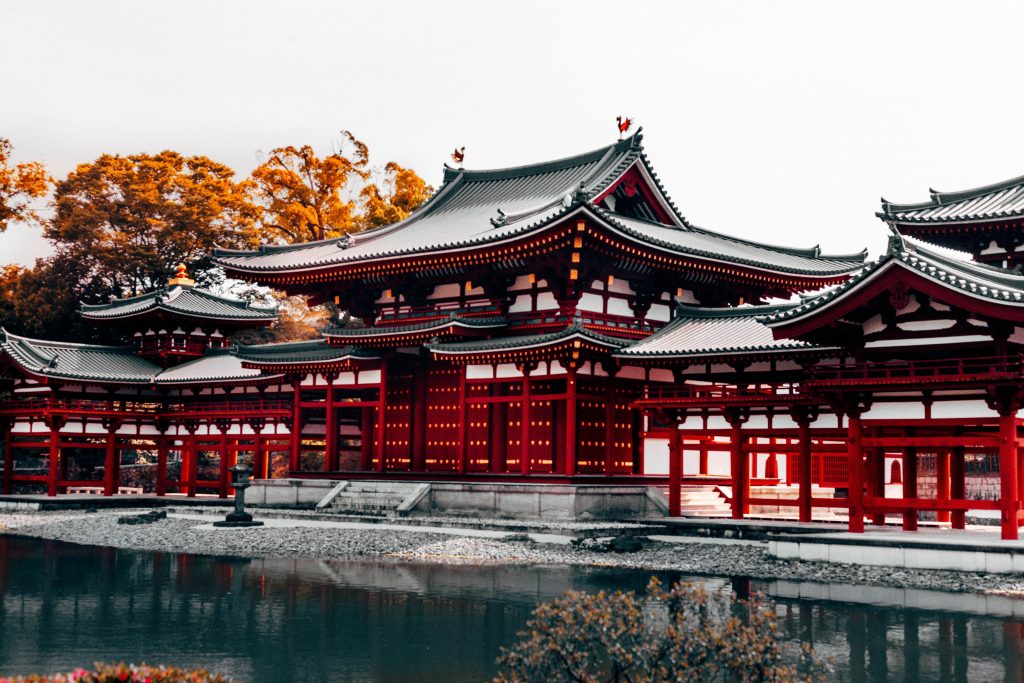Thousands of years ago a Chinese philosopher came to the conclusion, that the art of life does not mean spectacular acts. The trick is to live your life with no need for them.

In one of many anecdotes contained in the ‘Zhuangzi’ – a text that is fundamental to Tao teachings, the Emperor asks his court doctor to name the best doctor of the whole Empire. The latter answers: „Master! I can cure hopeless cases no one else cure – and this is why everyone in the whole Empire has heard of me. My elder brother can cure an illness as soon as it develops – and this is why everyone in the whole village has heard of him. And yet, the best doctor of the Empire is my eldest brother, who knows how to live so that you never fall ill – and this is why only my family has heard of him.
According to Taoist philosophers, the whole universe is permeated with the Tao, which is, roughly speaking, a kind of cosmic balance. What one should aim for in life is finding this balance. Thus, a truly wise man is not the one who does much, even if achieving some relative success. You should follow the Wu Wei – that is: ‘action without action’, where your role is to let things take their course. In the above anecdote, the greatest of all doctors is not the one who treats the worst of cases, but the one who has mastered the art of healthy living so that there is no need for medical intervention in the first place.
This is exactly the kind of advice a proponent of the Tao would give all those who work in sales. The art of marketing, as seen from this perspective, would not consist in masterminding an awesome marketing strategy that would allow selling everything to everybody. It would, instead, make a product sell itself, without any great campaigns. The latter approach could appear to be less spectacular (like in the quoted parable, where the miracle doctor would be the most famous one) yet the most effective of all. But what can be done if the product itself is utterly useless? Let us try another story:
Master Zhuang and a logger were once passing a dry tree. ‘Look, Master – said the logger – the tree is utterly useless’, to which the Master replied: ‘You’re a fool! The tree being dry and rotten keeps standing while others were felled a long time ago’. Some time later, the men happened to walk past a huge, magnificent oak, by which the logger stood in awe, speechless. The Master, who kept walking without even glancing at the tree, said: ‘If that tree had any value, it would have been felled a long time ago’.
Taoism as a philosophy is extremely relativistic. The world we perceive is, indeed, a unity that is kept together by the Tao, while the fact that we see it broken down into various objects and phenomena is a result of our weakness that comes from hanging on to our personal, subjective points of view.
So, there is no such thing as a poor product or unreachable consumer. There are simply products we want to sell to wrong consumers and consumers we keep offering all the wrong products. A few years ago Apple tried to launch an ‘economy’ version of iPhone. The plan fell through as people who are into cheaper smartphones find iPhones dull (or downright scary) while those who look for an iPhone are OK with steeper prices. See this as a perfect example of a failed attempt at forcefully compromising the rule of the Tao.
Taoism may prove perfectly applicable in marketing not only with regard to what the selected strategy will look like but also how it will be designed. Tao Master strives to perceive the world’s phenomena holistically. Ideally, the mind should be cleansed to an extent that all individual perceptions disappear and one can see the world as a whole, achieving full harmony with the Tao. However, the very same rule can be applied to other, more down-to-earth matters. When doing anything, including marketing, all too often we get limited by the narrow walls of ‘obvious’ practices and habits. ‘The ideal time to publish posts on Facebook is…’, ‘each text should be supplemented with graphic content’, “‘close your entry with a ‘call to action’ ” and many many others.
In contrast, no thing is obvious for a Taoist. The Tao can be reached through elimination of the obvious and realisation of the full scope of possible ways. Samsung set out to export dried fish. Would it be what it is today had it been stuck in the world of the obvious and predictable?
 Follow
Follow
















